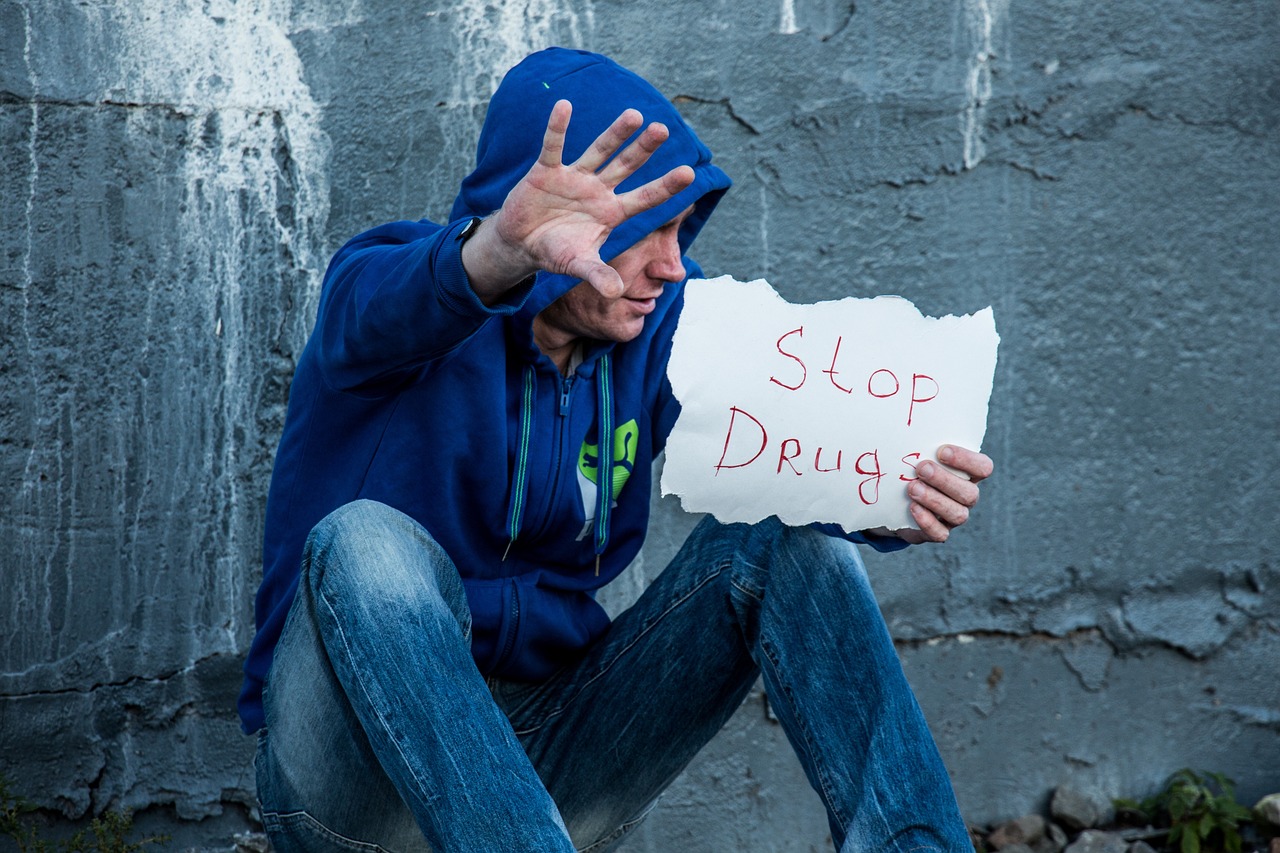In a world where substances of various kinds are readily available, the allure of drugs can be enticing, promising an escape from reality, a reprieve from life’s stresses, or a shortcut to euphoria. However, beneath these fleeting moments lies a tangled web of consequences that can ensnare individuals and communities alike.
From physical health deterioration to fractured relationships and societal repercussions, the impact of drug use extends far beyond the initial high. In this blog post, we will delve into the multifaceted consequences of drug use, shedding light on the complexities of this pervasive issue.
The Physical Toll:
One of the most immediate and visible consequences of drug use is its impact on physical health. Whether it’s the inhalation of toxic chemicals inhaled through smoking, the injection of harmful substances into the bloodstream, or the ingestion of dangerous cocktails of drugs, the human body bears the brunt of substance abuse.
Chronic drug use can lead to a myriad of health problems, including cardiovascular issues, respiratory ailments, liver damage, and neurological disorders. The body’s organs and systems are subjected to relentless strain, often resulting in irreversible damage and a shortened lifespan.
The Mental and Emotional Fallout:
Beyond its physical toll, drug use can also wreak havoc on mental and emotional well-being. Many substances alter brain chemistry, leading to mood swings, anxiety, depression, and psychosis. What begins as a quest for temporary relief from emotional pain can quickly spiral into a cycle of addiction and despair.
Moreover, the shame and stigma associated with substance abuse can further exacerbate psychological distress, trapping individuals in a cycle of self-destructive behavior.
The Fracturing of Relationships:
Drug addiction doesn’t just affect the individual; it also takes a heavy toll on relationships with family members, friends, and romantic partners. Trust is eroded, communication breaks down, and boundaries are violated as the substance precedes meaningful connections.
Loved ones may experience feelings of betrayal, anger, and helplessness as they watch their cherished relationships disintegrate before their eyes. The collateral damage of drug addiction can fracture families and communities, leaving a trail of broken hearts and shattered lives in its wake.
The Economic Burden:
In addition to its profound human cost, drug use imposes a significant economic burden on society as a whole. The costs associated with healthcare, law enforcement, and lost productivity due to substance abuse are staggering.
From emergency room visits for drug overdoses to the incarceration of individuals involved in drug-related crimes, the financial implications of drug use are far-reaching. Moreover, the ripple effects of addiction extend into the workforce, where absenteeism, accidents, and decreased productivity take their toll on businesses and economies.
The Cycle of Crime and Violence:
Drug use frequently becomes entangled with criminality and violence, as individuals turn to unlawful means to finance their addiction or due to the aggression induced by drugs. This intertwining of drug activity with illegal behavior fuels a cycle of crime, corruption, and social unrest, perpetuating a vicious cycle of poverty and disenfranchisement within numerous communities.
Additionally, the criminalization of drug offenses exacerbates these problems, resulting in widespread incarceration and the heightened marginalization of vulnerable populations. Furthermore, this situation often necessitates the involvement of bail bonds service in Summit County, further entangling individuals in legal and financial difficulties.
The Path to Recovery:
Despite the daunting challenges posed by drug addiction, recovery is possible. With the right support systems in place, individuals can break free from the grip of addiction and reclaim their lives.
Treatment programs that address the underlying causes of substance abuse, provide therapy and counseling and offer support networks play a crucial role in helping individuals achieve sobriety. However, the journey to recovery is often long and arduous, requiring commitment, perseverance, and resilience.
Conclusion
In conclusion, the consequences of drug use are far-reaching and multifaceted, affecting individuals, families, and communities on physical, emotional, and societal levels. From the deterioration of physical health to the fracturing of relationships, the economic burden, and the cycle of crime and violence, the toll of substance abuse is staggering. However, amidst the darkness, there is hope.
Through education, prevention, and access to comprehensive treatment and support services, we can work together to break the cycle of addiction and build healthier, more resilient communities. It’s time to shine a light on the substance snares that trap so many and to chart a path toward healing and recovery.



